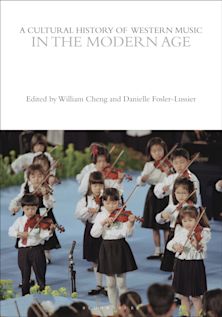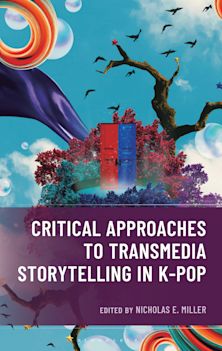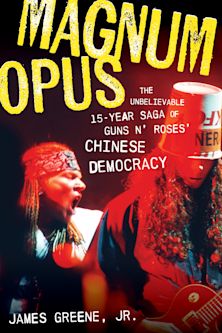From Factory Girls to K-Pop Idol Girls
Cultural Politics of Developmentalism, Patriarchy, and Neoliberalism in South Korea’s Popular Music Industry
From Factory Girls to K-Pop Idol Girls
Cultural Politics of Developmentalism, Patriarchy, and Neoliberalism in South Korea’s Popular Music Industry
For information on how we process your data, read our Privacy Policy
Description
Focusing on female idols’ proliferation in the South Korean popular music (K-pop) industry since the late 1990s, Gooyong Kim critically analyzes structural conditions of possibilities in contemporary popular music from production to consumption. Kim contextualizes the success of K-pop within Korea’s development trajectories, scrutinizing how a formula of developments from the country’ rapid industrial modernization (1960s-1980s) was updated and re-applied in the K-pop industry when the state had to implement a series of neoliberal reformations mandated by the IMF. To that end, applying Michel Foucault’s discussion on governmentality, a biopolitical dimension of neoliberalism, Kim argues how the regime of free market capitalism updates and reproduces itself by 1) forming a strategic alliance of interests with the state, and 2) using popular culture to facilitate individuals’ subjectification and subjectivation processes to become neoliberal agents. As to an importance of K-pop female idols, Kim indicates a sustained utility/legacy of the nation’s century-long patriarchy in a neoliberal development agenda. Young female talents have been mobilized and deployed in the neoliberal culture industry in a similar way to how un-wed, obedient female workers were exploited and disposed on the sweatshop factory floors to sustain the state’s export-oriented, labor-intensive manufacturing industry policy during its rapid developmental stage decades ago. In this respect, Kim maintains how a post-feminist, neoliberal discourse of girl power has marketed young, female talents as effective commodities, and how K-pop female idols exert biopolitical power as an active ideological apparatus that pleasurably perpetuates and legitimates neoliberal mantras in individuals’ everyday lives. Thus, Kim reveals there is a strategic convergence between Korea’s lingering legacies of patriarchy, developmentalism, and neoliberalism. While the current K-pop literature is micro-scopic and celebratory, Kim advances the scholarship by multi-perspectival, critical approaches. With a well-balanced perspective by micro-scopic textual analyses of music videos and macro-scopic examinations of historical and political economy backgrounds, Kim’s book provides a wealth of intriguing research agendas on the phenomenon, and will be a useful reference in International/ Intercultural Communication, Political Economy of the Media, Cultural/ Media Studies, Gender/ Sexuality Studies, Asian Studies, and Korean Studies.
Table of Contents
Introduction
Chapter 1: Popular Culture as A Strategic Field of Neoliberal Intervention: Developmentalism, Neoliberal Social Policy, and Governmentality in Post-IMF Korean Popular Music Industry
Chapter 2: K-pop Idol Girl Groups as Cultural Genre of Neoliberalism: Patriarchy, Developmentalism, and Structure of Feeling/ Experience in K-pop
Chapter 3: Between Hybridity and Hegemony in K-Pop's Global Popularity: A Case of Girls' Generation's American Debut
Chapter 4: Genealogy and Affective Economy of K-pop Female Idols: From Cute and Innocent to Ambiguous Femininity, to Explicit Sexualization
Chapter 5: Elusive Subjectivity of K-pop Female Idols: Split-personality, Narcissism, and Neo-Confucian Body Techniques in Suzy of MissA
Chapter 6: Resilience, Positive Psychology, and Subjectivity in K-pop Female Idols: Evolution of Girls' Generation from “Into the New World” (2007) to “All Night” (2017)
Chapter 7: The 90s, the Most Stunning Days of Our Lives: Cultural Politics of Retro
Product details
| Published | Jul 06 2020 |
|---|---|
| Format | Ebook (Epub & Mobi) |
| Edition | 1st |
| Extent | 196 |
| ISBN | 9781498548830 |
| Imprint | Lexington Books |
| Series | For the Record: Studies in Rock and Popular Music |
| Publisher | Bloomsbury Publishing |
Reviews

ONLINE RESOURCES
Bloomsbury Collections
This book is available on Bloomsbury Collections where your library has access.



































